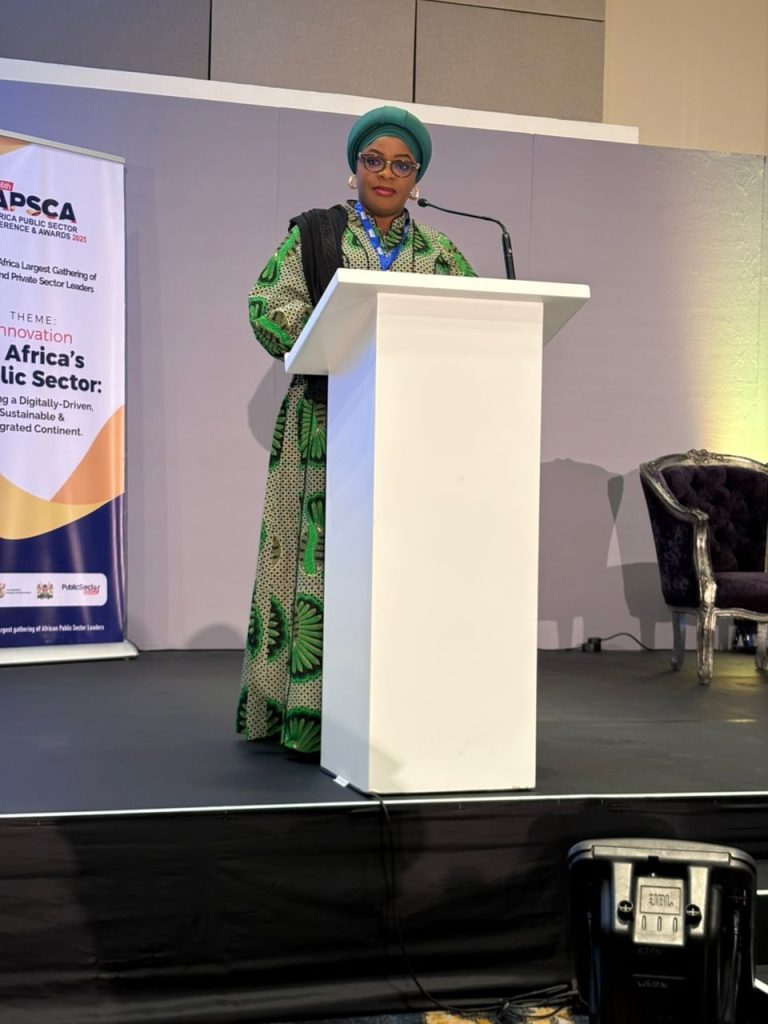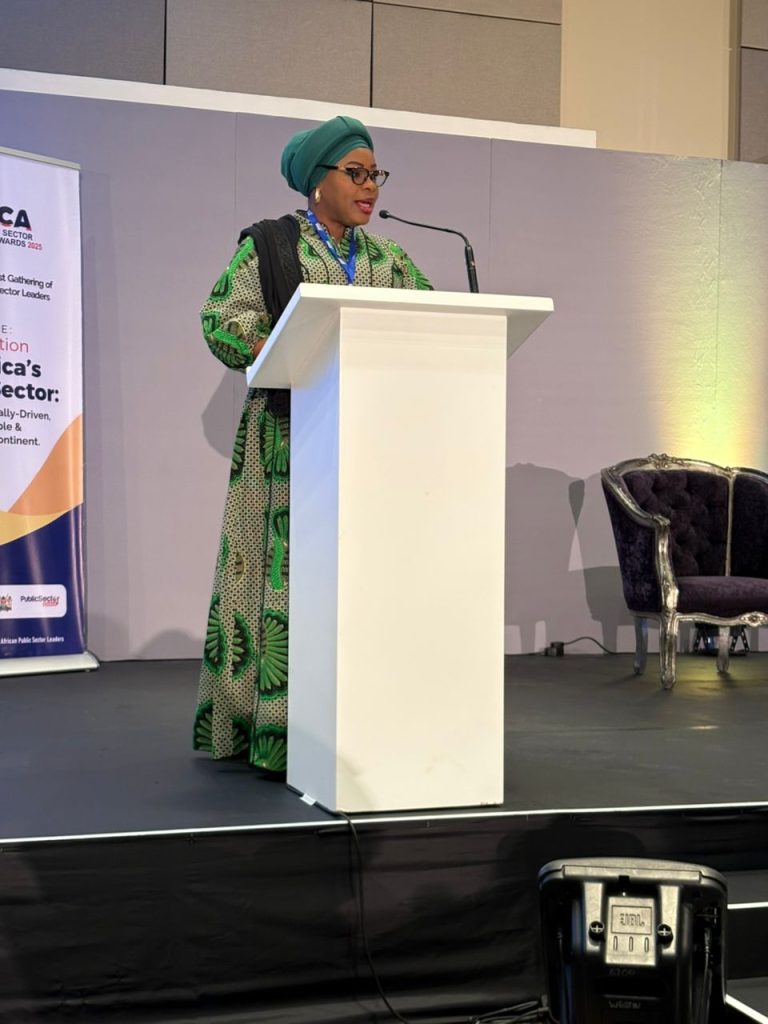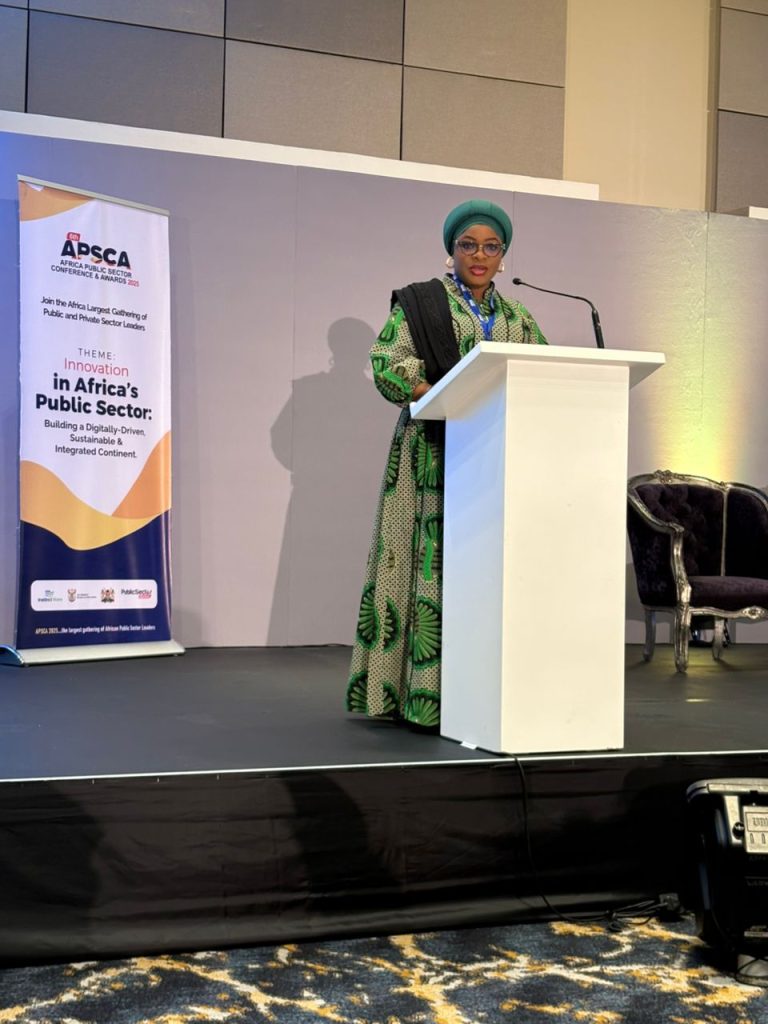
Ghana’s Chief of Staff, Mr Julius Debrah, has called for a bold transformation of Africa’s public institutions to make them more efficient, resilient, and citizen-focused.
In a speech read on his behalf by the Deputy Presidential Spokesperson, Shamima Muslim, at the 6th Africa Public Sector Conference and Awards (APSCA 2025) in Cape Town, Mr Debrah said Africa must “move beyond incremental reform to a public sector revolution.”
“Our institutions must deliver, adapt and inspire,” he said.
“When a young graduate can register a business online in minutes instead of weeks, we deliver. When a rural farmer receives weather alerts on her phone and accesses fertiliser subsidies transparently, we deliver.”
He outlined three priorities for reform: Deliver, Adapt, and Inspire, urging governments to set clear service standards, digitise systems, empower local authorities, and promote ethical leadership.
“Our institutions must be designed not just to survive shocks but to pivot quickly, learn continuously and emerge stronger,” he noted.
Touching on technology, Mr Debrah said artificial intelligence should strengthen, not replace, public service.
“AI is powerful, yes, but it is only as powerful as the human beings who design, direct and apply it with purpose,” he said.
Citing Ghana’s national ID system, Rwanda’s Irembo platform and Kenya’s Huduma Centres, he praised African governments for innovations that bring services closer to citizens.

Mr Debrah’s speech comes at a time when Africa’s public sector sits at a critical crossroads. Across the continent, citizens demand faster, fairer, and more transparent services, devoid of bureaucratic inefficiencies
Central to his message was the demographic reality that by 2030, Africa will be home to over 1.7 billion people, more than 60 percent of them under the age of 25. Far from viewing this as a threat, Mr. Debrah described Africa’s youth as its “greatest asset and greatest responsibility.” They are the ones who will inherit the decisions made today, and the ones most capable of driving innovation if given the tools, trust, and opportunity.

Mr Debrah concluded with a challenge to public servants: “Africa’s next public sector era is not just about modernising processes but about reimagining governance as a shared enterprise. It is a new dawn for Africa’s public sector—what will be your contribution?”
